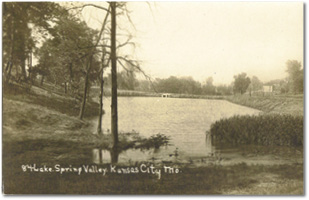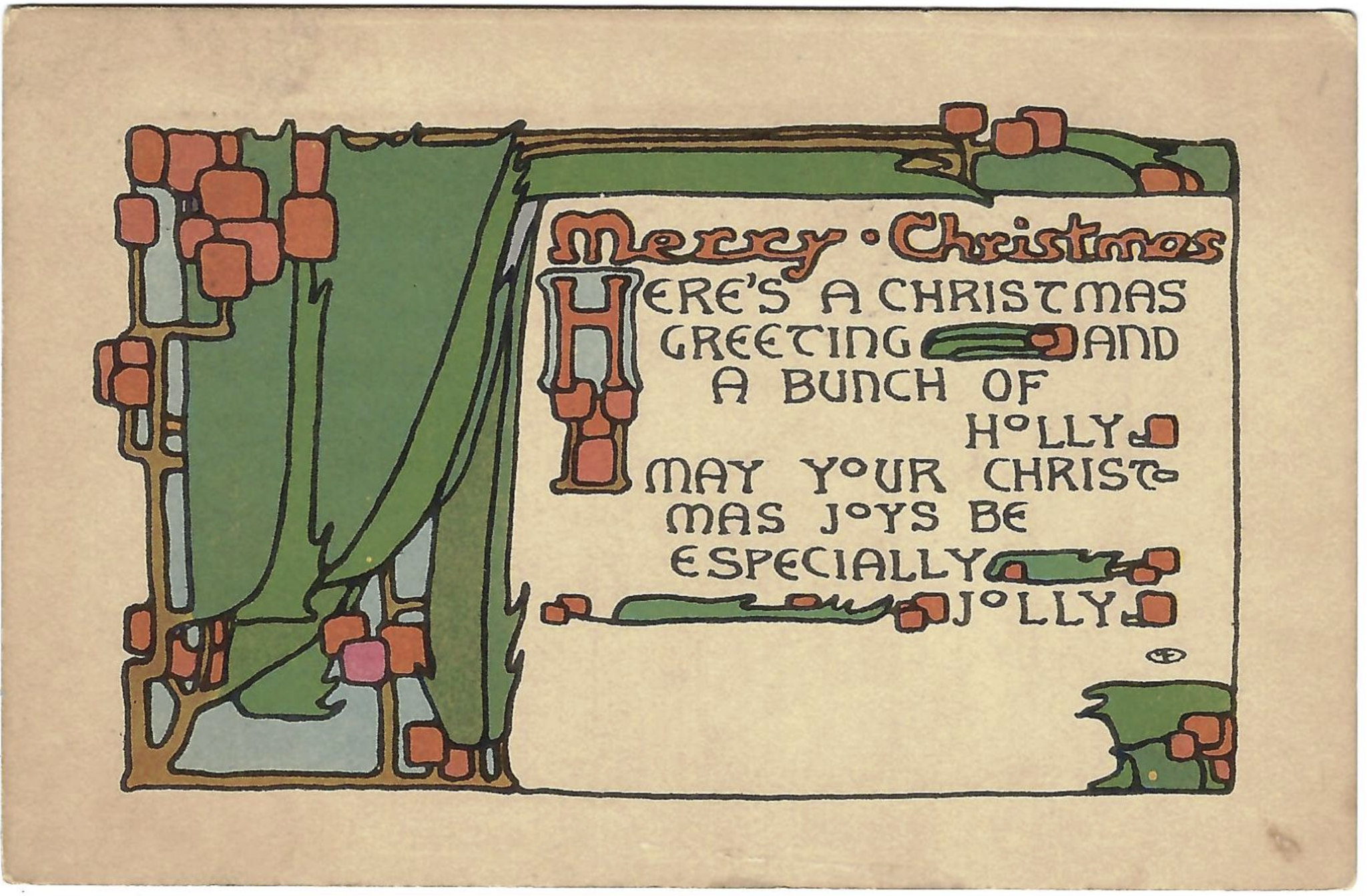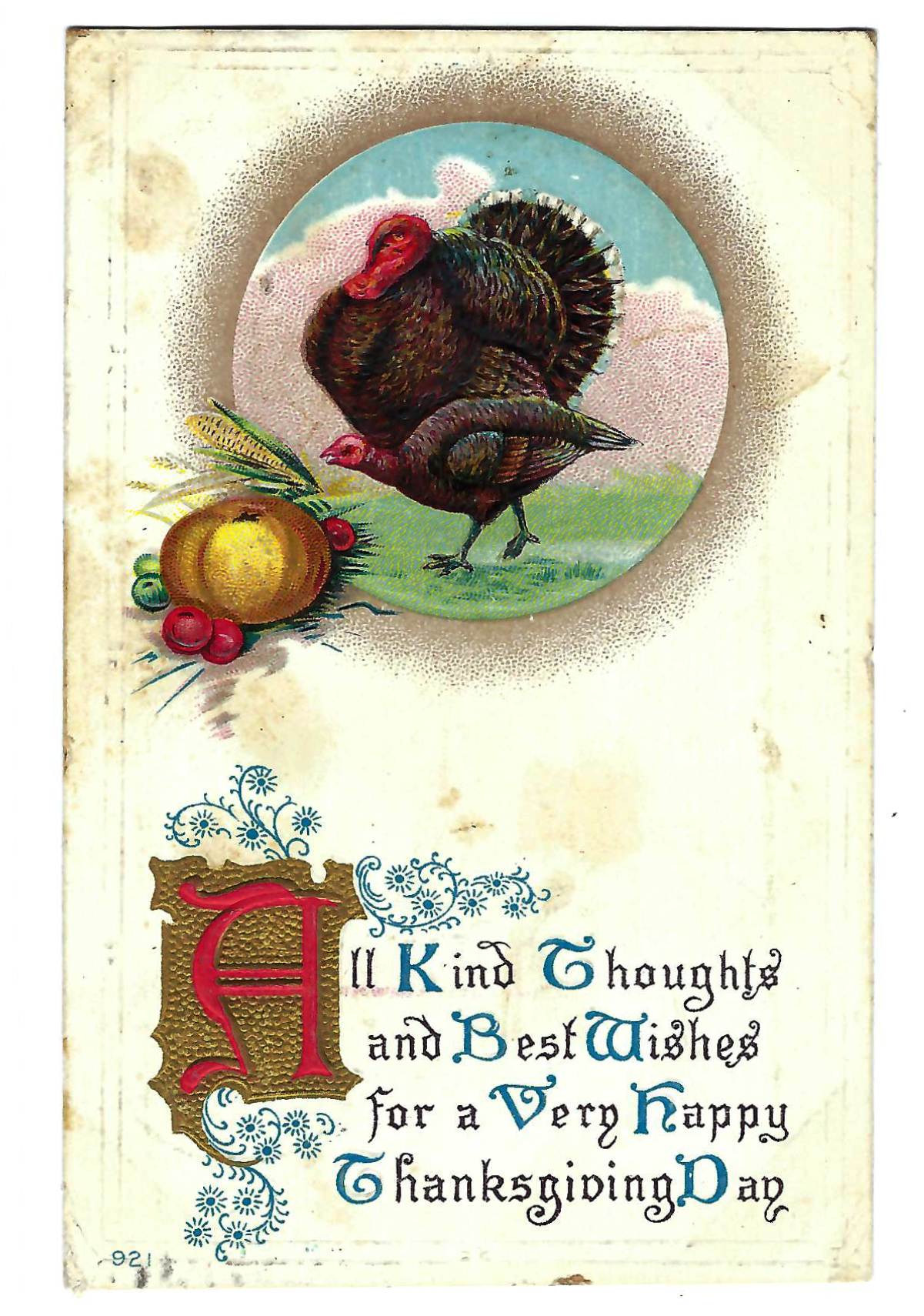
By MICHAEL BUSHNELL
Northeast News
March 5, 2014
Spring Valley Park, located between 28th Street at Woodland Avenue and 29th Street at Brooklyn Avenue, lies in a natural canyon carved out during a previous ice age that exposed the natural limestone shelf and a small cave.
Once the site of a rock quarry, the 33-acre, irregularly shaped tract was taken over by the city’s Park Board in 1902.
Like the natural springs along Cliff Drive, as many as six natural springs flowed from the limestone crevasses in the park, drawing hundreds a day to partake of the cool, clear spring water. The spring water fed a small lake shown on this Real Photo postcard published by W. H. “Doc” Martin’s North American Postcard Company in Kansas City. The lake was a project undertaken by the Parks Department in 1905.
During the mid 1800s, the area was a favorite stopping point for Mormons traveling to Salt Lake City from Illinois. The natural rock outcropping provided shelter and the springs were perfect for watering people and livestock.
The natural cave on the site was said to stretch underground as far east as Prospect Avenue, nearly a quarter of a mile east of the park.
By the 1930s however, the springs had gone dry and the lake began to dry up. The Parks Board graded over the lake site and erected a playground and tennis courts to fill the space. Additionally, a strip of land was acquired that now connects Spring Valley Park with Troost Park and lake about two blocks west.
The card shows the small lake looking south toward 31st Street. It was never mailed.

















